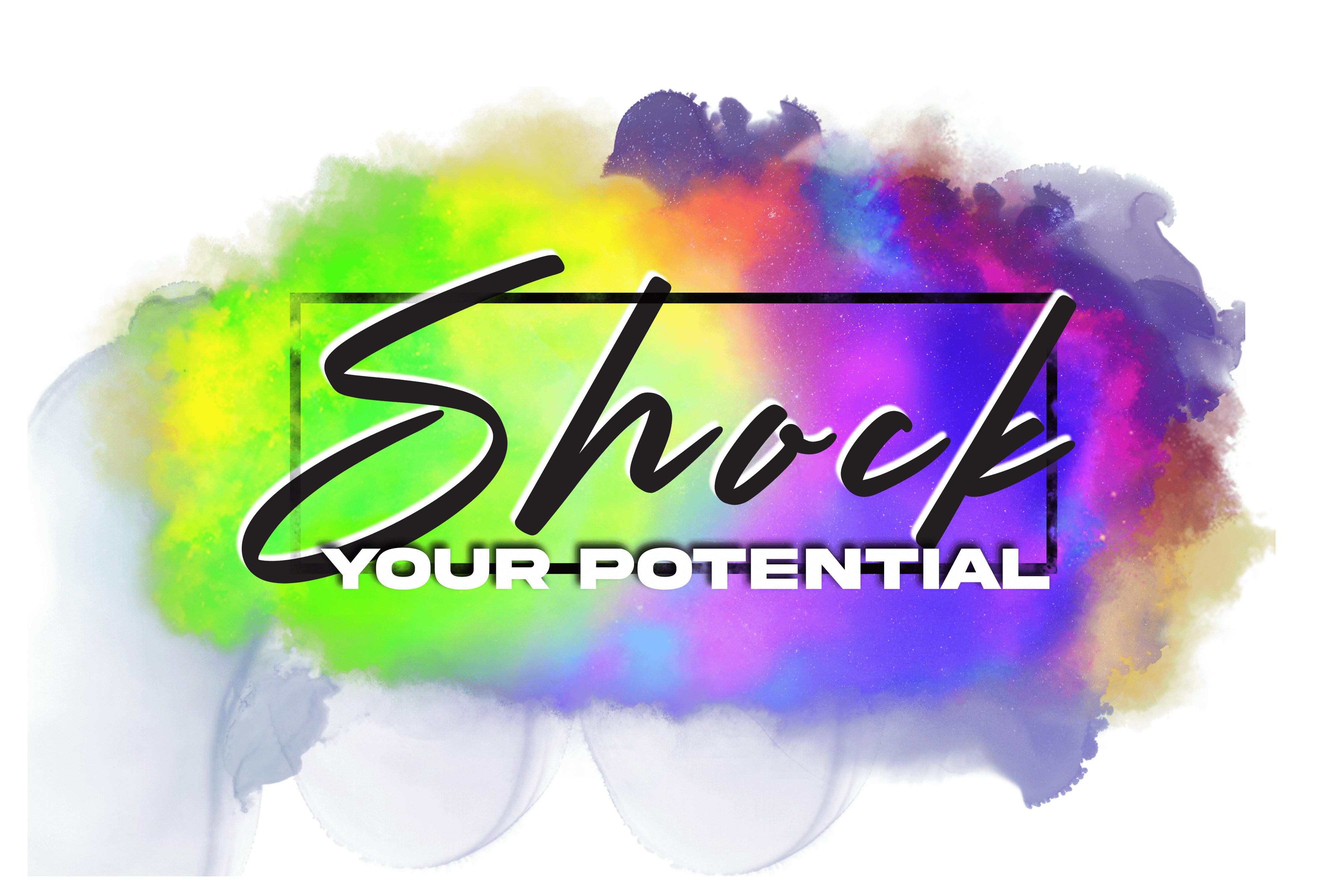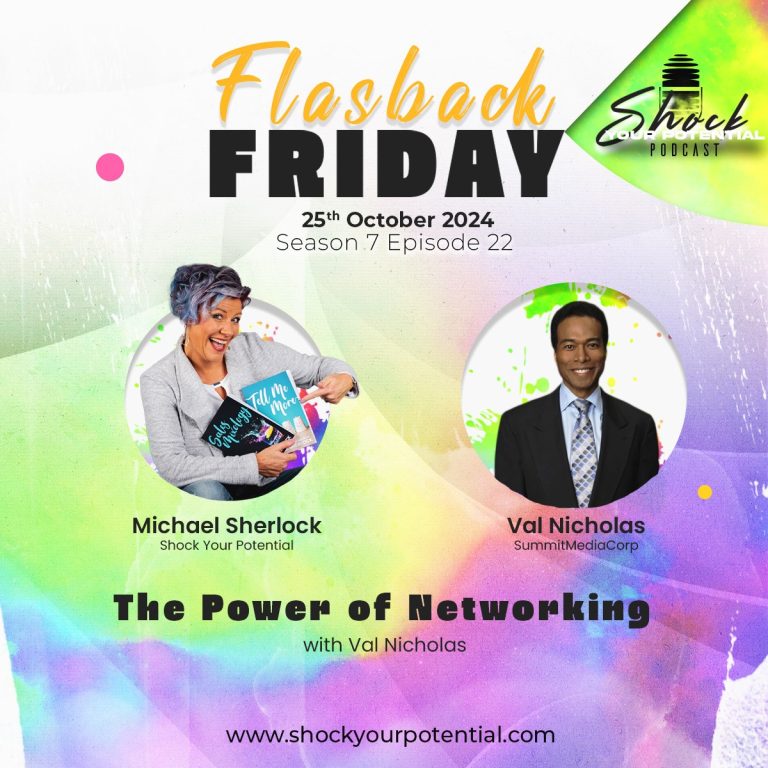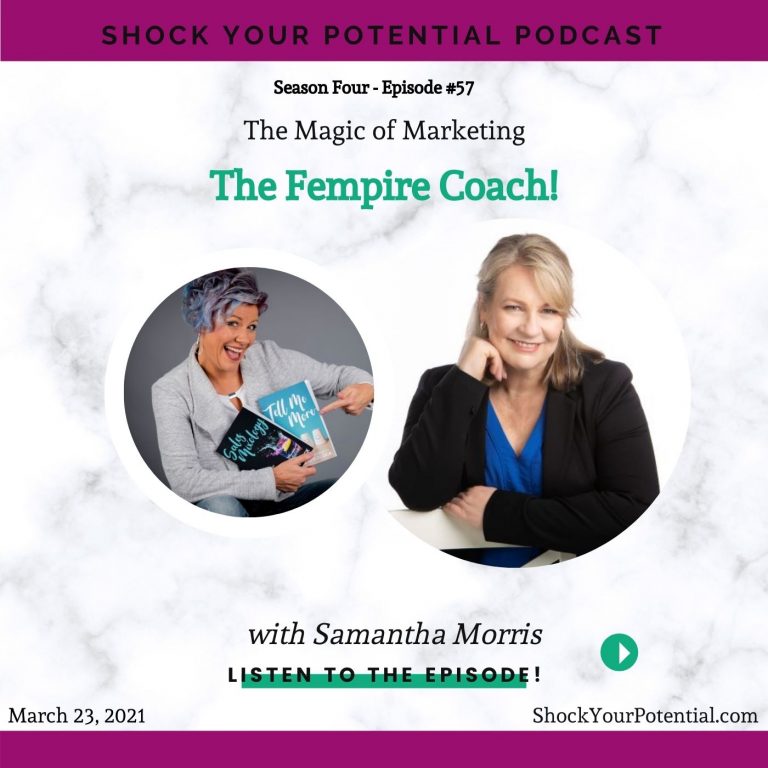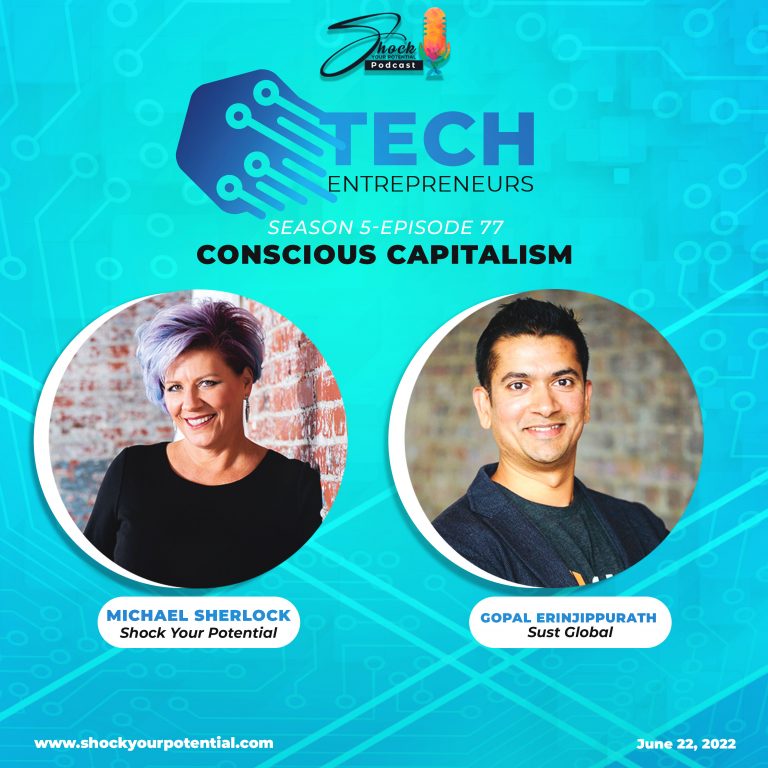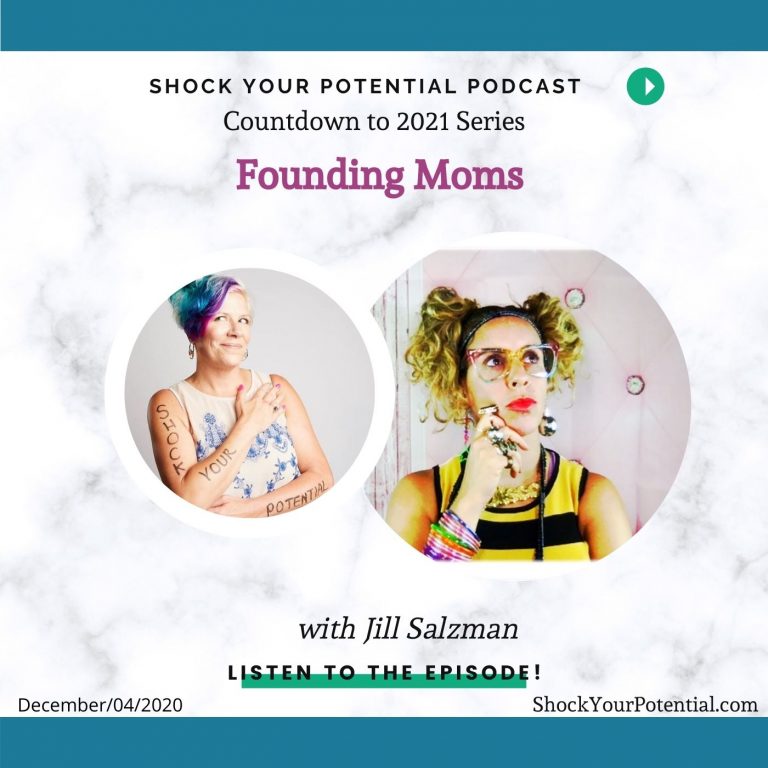“You can make every customer feel like they are uniquely valued and that they are not just a number.” Jeroen Corthout
Research has shown that CRM can be a golden tool for organizations if used effectively. Its value will however be determined by the quality of data that is entered into the system. The ability to have quality information on demand is the differentiating factor between the levels of success an organization achieves as a result of using the CRM. This is why automation of the tool is important as explained by our guest today, Jeroen Corthout. According to Jeroen, an automated CRM significantly cuts down the time spent on technical matters which frees people to concentrate on more important activities that directly contribute to the growth of the organization.
Jeroen is co-founder and CEO of Salesflare, an intelligent CRM built for SMBs selling B2B, mostly popular with agencies and SaaS companies. Salesflare itself was founded when Jeroen and his co-founder Lieven wanted to manage the leads for their software company in an easier way. They didn’t like to keep track of them manually and built Salesflare, which pulls customer data together automatically. It’s now the most popular CRM on Product Hunt and top-rated on review platforms like G2 for its ease of use and automation features.
In today’s episode, we will have our guest tell us more about the value of CRM to an organization and why an automated CRM is the most ideal choice for organizations to go for. We will also discuss more on how to have productive meetings with teams that are working remotely.
Listen in!
Social handles:
LinkedIn: https://www.linkedin.com/in/jeroencorthout/
Website: https://salesflare.com
- We started our company after using different CRMs. [3:57
- I worked for a consultancy for a while that used salesforce a lot and it was my first CRM. [4:02]
- I quickly learned that this was not very easy and it took a lot of work and was fully dependent on me. [4:30]
- We had a software company and we had just come back from a big conference and we had a lot of leads that were interested to hear more about our software and maybe buy it [4:42]
- We tried many systems but it did not work because we were not able to keep up with the expectations of the software. [5:17]
- We decided to make a system that plugs into every single place where the data already resides and has the ability to pull it together on demand to do a follow-up. [6:23]
- It is a system that is less likely to fail because it doesn’t depend on your discipline to fill it out. [6:38]
- Our end goal is not that it automates stuff but for it to be a CRM that you can use which means ease of use, easy to understand, and not needing a lot of clicks. [7:05]
- The software is automating a lot of things where it makes that very easy. [7:38]
- We now have over 2000 companies using the software. [7:46]
- It is important that you keep your CRM updated because if well kept, it can be valuable. [8:58]
- Most companies do not succeed in that partly because most software comes with expectations that are difficult to meet. [9:09]
- A lot of enterprise software is not very friendly to use and that is something we are trying to change. [10:07]
- The first and basic outcome of using CRM is following up on your customers well and in an informed way. [12:02]
- From our perspective every time someone says please close our trial we would find out what was going wrong that we could have done better. [14:33]
- You can make every customer feel like they are uniquely valued and that they are not just a number. [17:17]
- We differentiate ourselves and do better by building close relationships with our clients as a way to compete with other CRM players out there. [18:00]
- Commercial break. [18:20]
- Communication is key and you can do it through a system that takes away operational-tactical communication. [19:55]
- We built a team where we value open communication and try to build strong relationships through building trust among team members. [20:30]
- When people speak up, you accept the feedback then integrate it into what you do. [21:25]
- In the past, we relied on being in the same room for meetings, before the pandemic and we had to rethink the way we do meetings after the onset of the pandemic. [23:55]
- We have tried to limit meetings to have few people attending and then we share what was discussed with other team members in Slack which is our communication platform. [24:45]
- When you select a CRM involve your sales team since they are going to be the bottleneck whether it is being used or not being used and whether you get any value from it. [31:52]
- Train the users well on how to use the CRM but also go beyond the training to define how it is going to be used as a team. [32:43]
………………………………………………………………………..……….
Thank you to our July Sponsor: Entrepreneur’s Guide to Financial Well-Being
Imagine starting a long journey without a map…or even a clear idea of the obstacles ahead. That’s exactly what it’s like for entrepreneurs who start companies with a lot of passion, but without the financial expertise to grow and scale their businesses and create long-term wealth for their families.
Wayne Titus shows you how to find a financial adviser who can help you map a better journey. In his book, The Entrepreneur’s Guide to Financial Well-Being. With the right adviser at your side, you’ll have the freedom to focus on what really matters to you.
Get The Entrepreneur’s Guide to Financial Well-Being at Amazon.com and in the virtual bookstore on the Shock Your Potential app.
